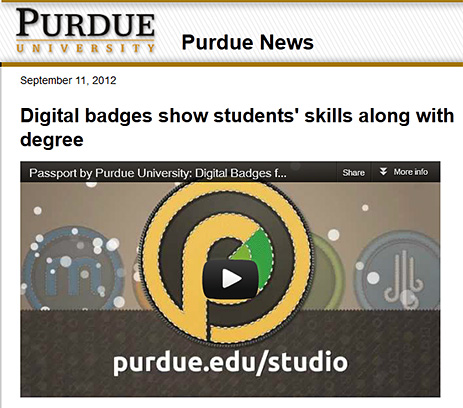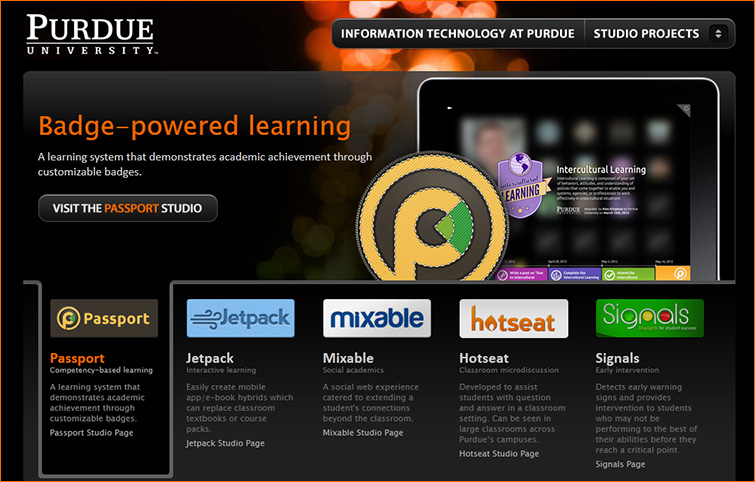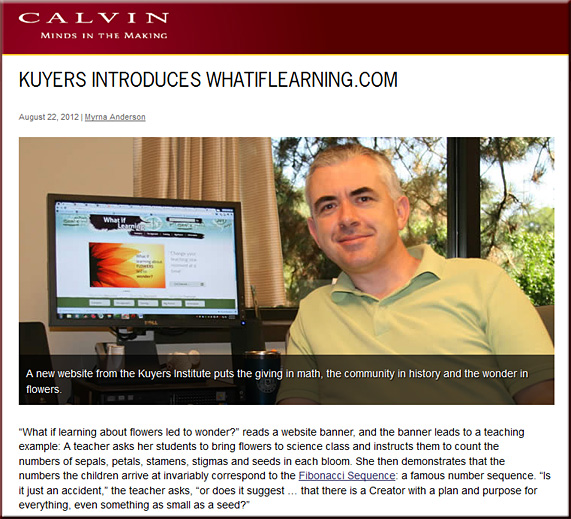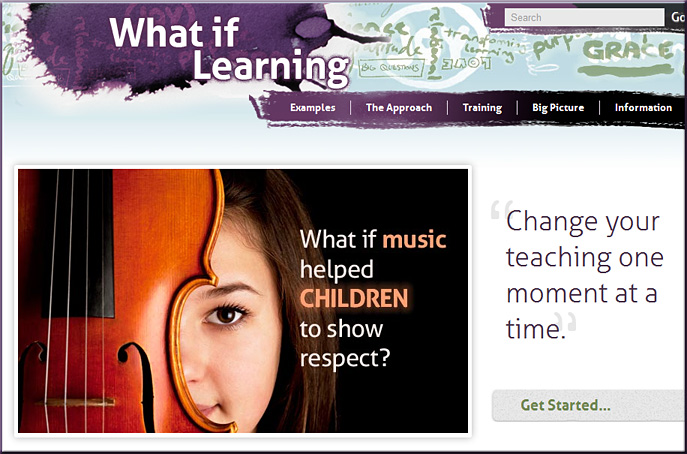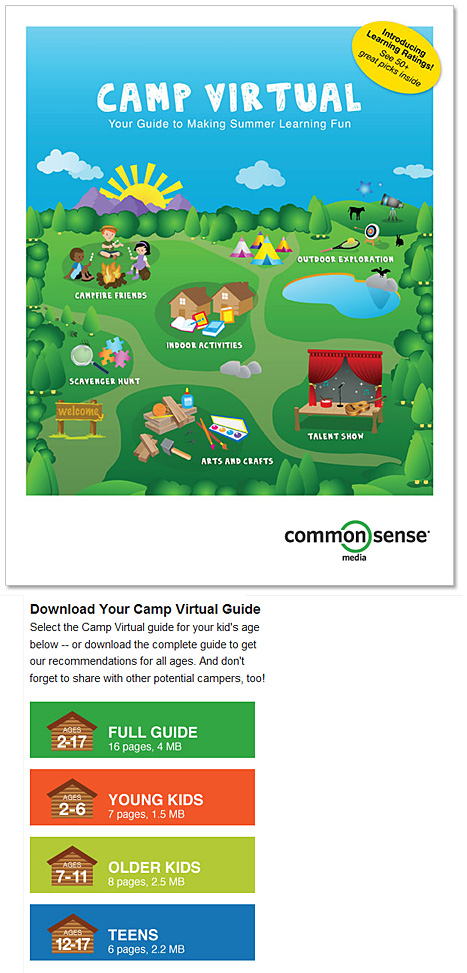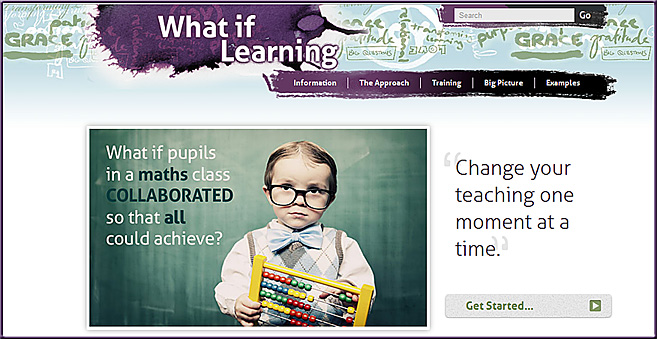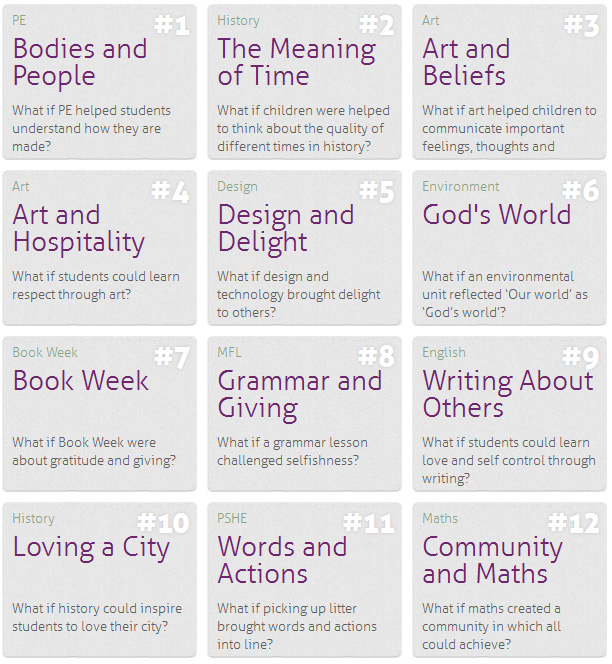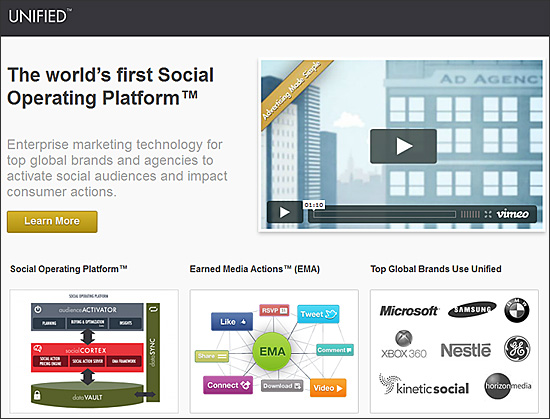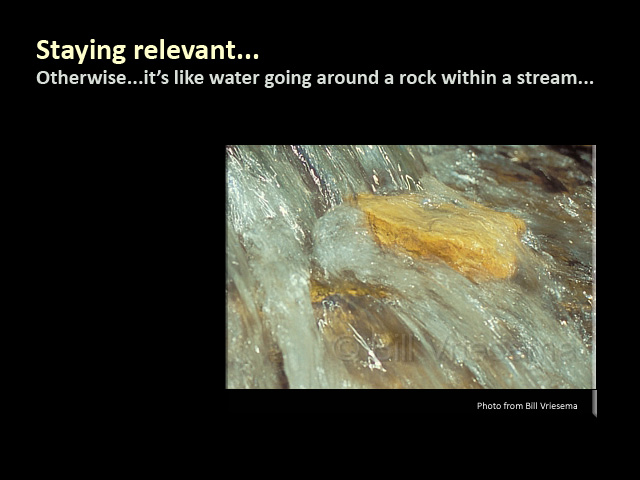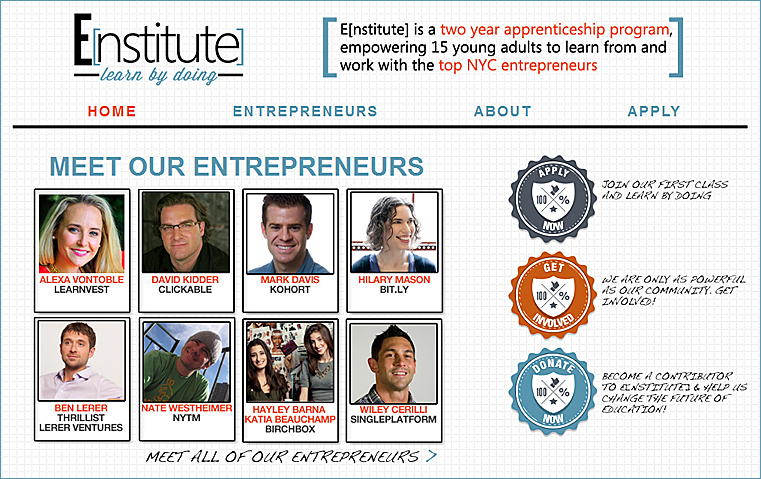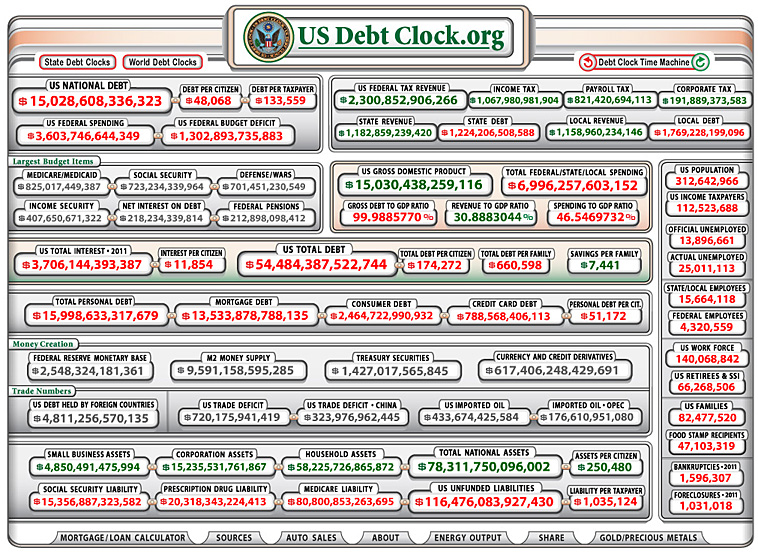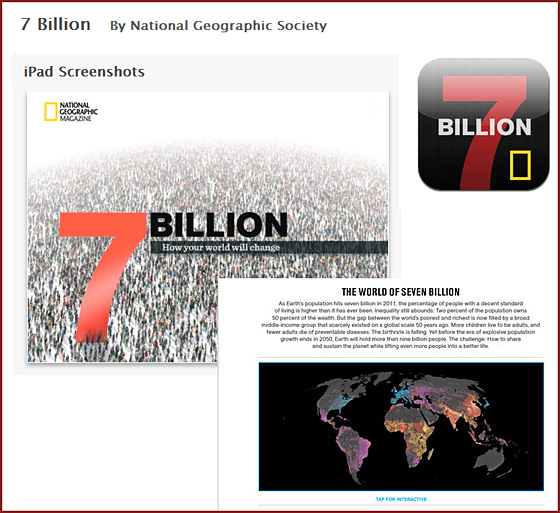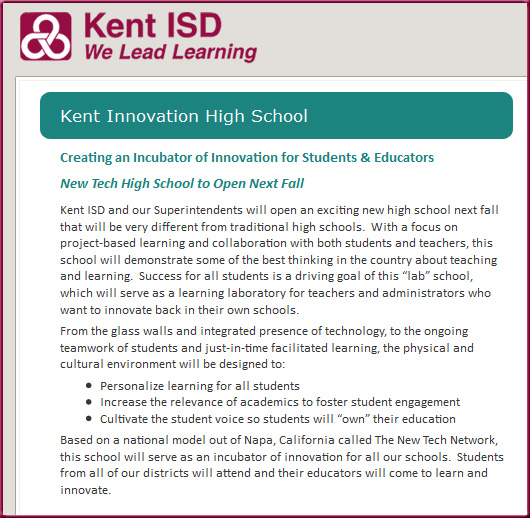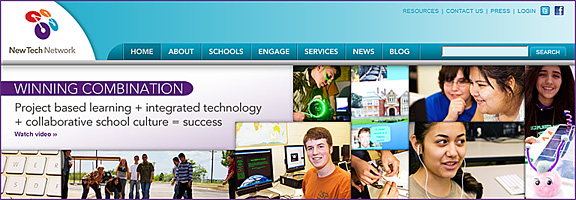How student help desks support mobile devices — from centerdigitaled.com by Tanya Roscorla
Excerpt:
The help desk staff members each have a title, role and responsibilities. They solve problems for students and staff in-person, but they also update a blog with videos that address common issues they see.
.
Also see:
- Why learning should be messy — from blogs.kqed.org by Nikhil Goyal
Excerpt:
“Today’s problems — from global poverty to climate change to the obesity epidemic — are more interconnected and intertwined than ever before and they can’t possibly be solved in the academic or research ‘silos’ of the twentieth century,” writes Frank Moss, the former head of the M.I.T. Media Lab. Schools cannot just simply add a “creativity hour” and call it a day.









